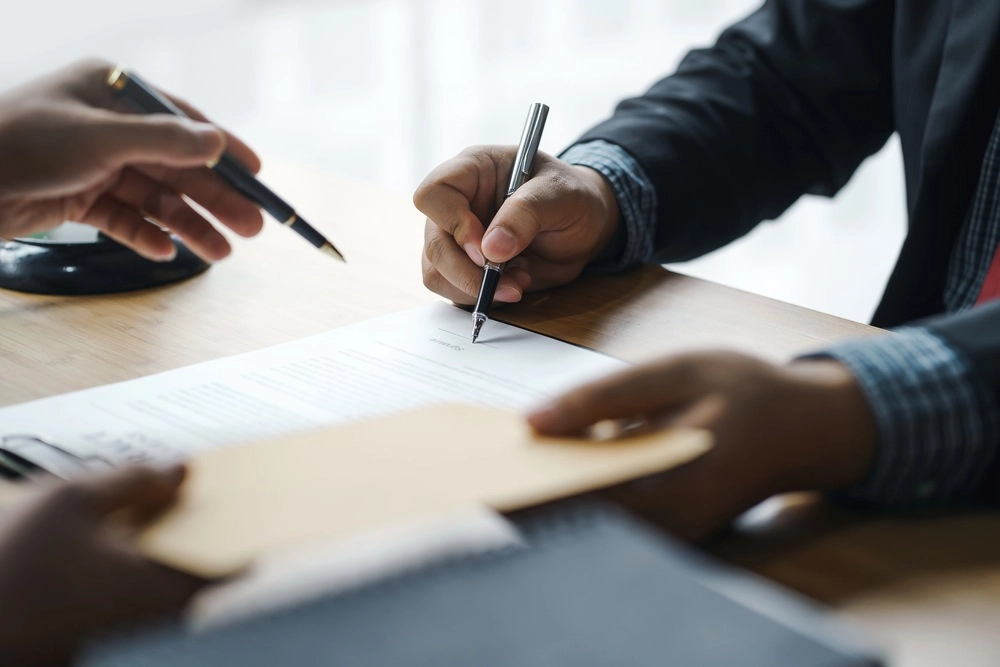On today’s highways, distracted driving is becoming a bigger issue. With the increasing use of smartphones and other devices, the risk of accidents caused by distracted driving has skyrocketed. Understanding the hidden dangers of this behavior is crucial for victims and their families as they navigate the aftermath of an accident.
Understanding Distracted Driving
Distracted driving occurs when a driver diverts their attention away from the road, typically due to three main types of distractions:
- Visual Distractions: These involve taking your eyes off the road, such as looking at your phone, GPS, or other passengers.
- Manual Distractions: These occur when a driver uses their hands for something other than driving, like texting, eating, or adjusting the radio.
- Cognitive Distractions: This type involves mental focus being taken away from driving, such as daydreaming or engaging in a conversation.
The Consequences of Distracted Driving
The consequences of distracted driving can be devastating. Accidents involving distracted drivers can lead to severe injuries, deaths, and substantial property damage. Some common injuries associated with distracted driving accidents include:
- Traumatic Brain Injuries (TBIs): These injuries can occur from sudden stops or impacts, leading to lifelong complications.
- Spinal Cord Injuries: Damage to the spinal cord can result in paralysis and long-term disability.
- Broken Bones and Fractures: These injuries are common in car accidents and can require extensive medical treatment.
What Victims Need to Know
If you or a loved one has been injured in an accident caused by distracted driving, it’s important to understand your rights and the steps you can take:
- Document the Accident: Gather evidence by taking photos of the scene, obtaining witness statements, and collecting any police reports. This documentation may be essential for supporting your claim.
- Seek Medical Attention: It’s crucial to be evaluated by a medical professional, even if your injuries seem minor. Some injuries might not present symptoms right away.
- Speak with an Attorney: Get in touch with an experienced personal injury attorney who can guide you through the court system and assist you in obtaining damages for your injuries.
Establishing Negligence
To obtain compensation, you must demonstrate that the distracted driver acted negligently. This involves demonstrating that:
- The driver was obligated to operate their vehicle in a safe manner.
- The driver breached that duty by engaging in distracting behaviors.
- This breach directly led to the accident and the injuries you sustained.

The Importance of Legal Representation
Coping with the aftermath of a distracted driving accident can be tough. Having an experienced attorney by your side can make a substantial difference. They can assist you in:
- Understand the legal process and your rights.
- Negotiate with insurance companies on your behalf.
- Construct a strong case to enhance your chances of maximizing your compensation.
Conclusion
Distracted driving poses hidden dangers that can lead to severe consequences for victims and their families. It’s critical to get legal advice and weigh your alternatives if you or a loved one has been injured in a distracted driving accident. Our goal at Holston and Huntley is to help you get the damages you are entitled to for your injuries.
Contact Us
Don’t navigate this challenging time alone. For a free consultation to discuss your case, get in touch with Holston and Huntley right now. Let us help you on your road to recovery.

